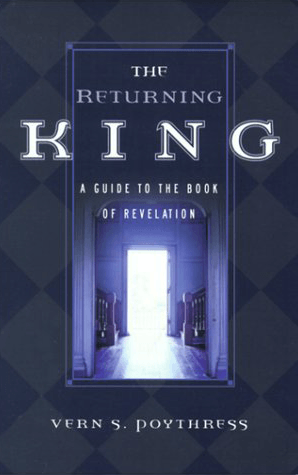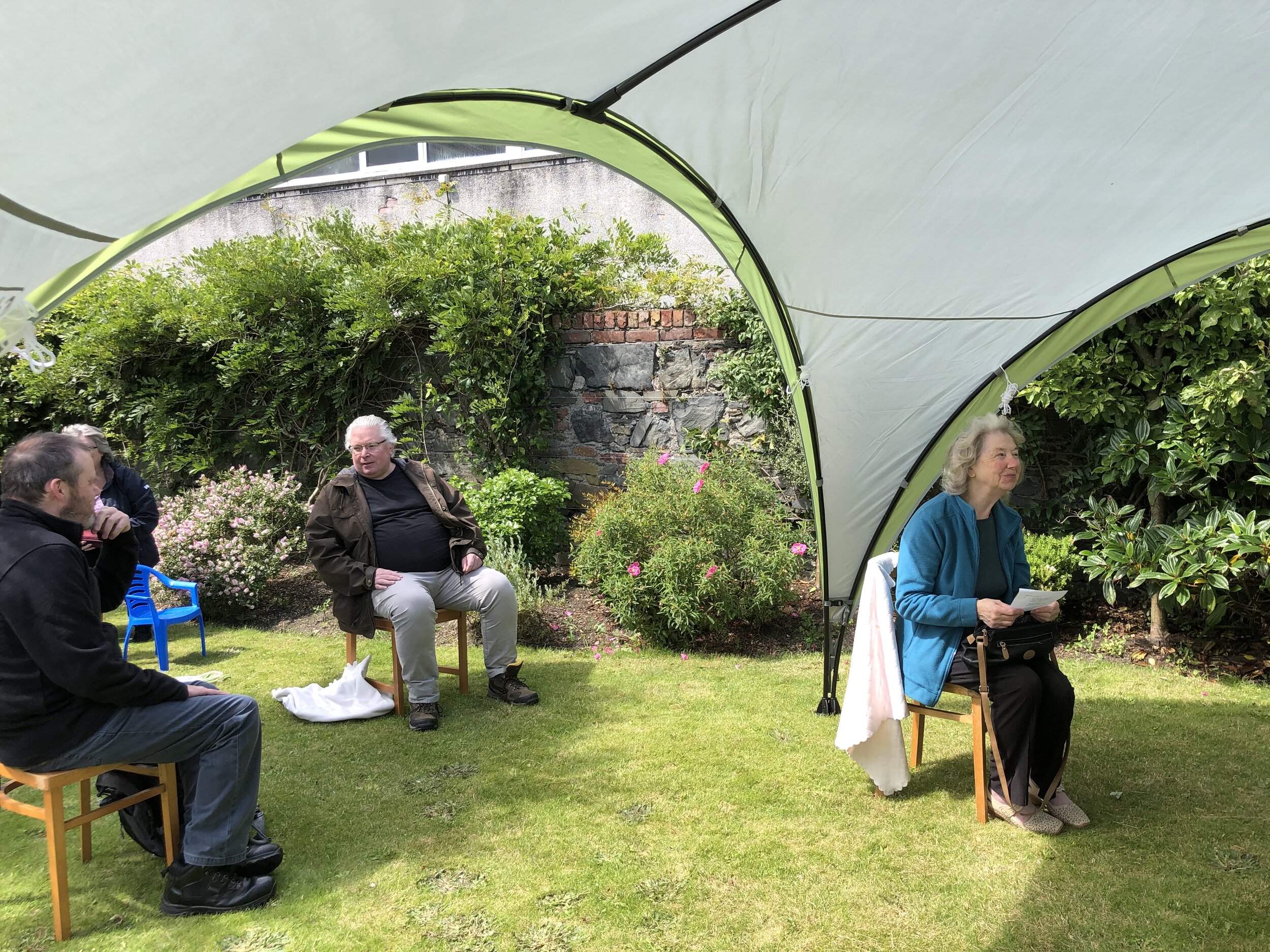Around four miles from Stranraer is a 60-foot tower with the inscription ‘Remember the Sabbath Day to keep it holy’.
The monument, towering above Leswalt, was erected in 1850 in honour of Sir Andrew Agnew, seventh baronet of Lochnaw, and friend of former Stranraer minister William Symington. Agnew was elected as MP for Wigtownshire and used his position to bring a bill before Parliament prohibiting all labour on the Lord’s Day, except for works of necessity and mercy. On his fourth attempt, the bill reached the committee stage, before the death of King William IV caused a dissolution of parliament. Agnew’s efforts brought him a bitter personal attack from Charles Dickens.
The Agnew Monument, on the site of an Iron Age Hill Fort (Tor of Craigoch), contains a number of (badly-weathered) inscriptions. The inscription on the south side reads:
"Erected by a few of the Inhabitants of this district and other friends in memory of the late Sir Andrew Agnew of Lochnaw Bart [Baronet]. As a token of the esteem so universally & deservedly entertained for him & the respect in which the memory of his name & character, his life & labours is cherished. 1850.”
Above is the Agnew shield with its motto Consilio non Impetu, and above a curved inscription, “Remember the Sabbath day to keep it holy”.
A book-length commemoration of his life (Memoirs of Sir Andrew Agnew) was written the year after his death by Original Secession (and later Free Church) minister Thomas M’Crie. A briefer Memoir of Sir Andrew Agnew was published shortly after his death by James Bridges.
The entry for him by David Hempton in the Dictionary of Scottish Church History and Theology reads as follows:
“Agnew, Sir Andrew (Lochnaw) (1793-1849), politician and sabbatarian.
The posthumous son of Andrew Agnew, he succeeded to a baronetcy in 1809, attended Edinburgh University and married Magdalene Carnegie in 1816. He entered parliament in 1830 as a member for Wigtownshire, which seat he successfully defended twice, in 1831 and 1832, before failing in his candidature for the Wigtown boroughs in 1837. In politics he was a moderate reformer, but his parliamentary career was dominated by an unremitting campaign for sabbath observance. As the chief parliamentary spokesman for the Lord’s Day Observance Society he introduced four bills designed to prohibit all unnecessary labour on Sunday, the last of which reached the committee stage before Parliament was dissolved on the death of William IV. Although unsuccessful, all four bills occasioned considerable controversy both inside and outside the House of Commons. His opponents, including Charles Dickens, alleged that his measures were exclusively directed against ‘the amusements and recreations of the poor’. In response Sir Andrew stated that he was equally opposed to the casual amusements of the rich and that the poor would be the ultimate beneficiaries of a labour-free Sunday.
Although denied a parliamentary platform after 1837, Sir Andrew continued to promote the sabbatarian cause, particularly in the Scottish railroad industry, where he used his substantial financial influence to win important concessions. Renowned for his perseverance and consistency of purpose, he did as much as anyone to lay the foundations of the so-called Victorian Sunday.”
You can listen to two sermons about the Lord’s Day, taken from our series on the Ten Commandments, below:








